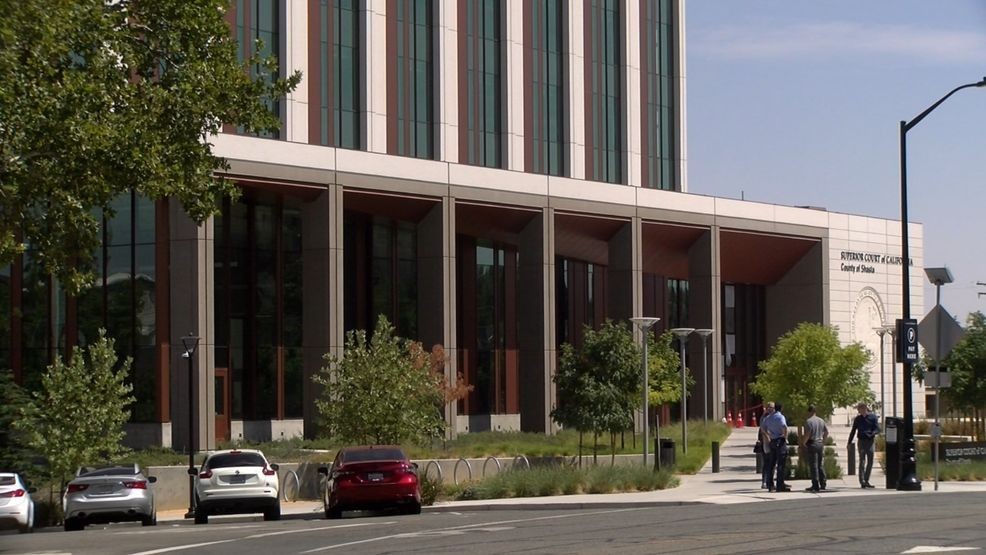North State, California — CARE Court is a new civil court process that will be implemented in counties across California by the end of 2024. Shasta County officials in charge of the local implementation say the system will help people with serious mental illnesses and their families get the services they need more quickly.
“[CARE Court] “It focuses on adults with diagnosed schizophrenia or other psychotic disorders who suffer from severe mental illness but are not receiving treatment.”
Katie Nel is a staff member who manages how the Community Assistance, Recovery and Empowerment Program (CARE Court) is delivered. Nel says that while it is usually difficult for people with mental health issues to recover, the CARE Court process opens up new avenues.
“A petition must be filed,” Nel explains. “Who can file a petition? It can be filed by a family member, an adult household member, a roommate or other person living in the same household, the county mental health department, the hospital director, emergency medical personnel, etc.”
A wide range of people can petition to be admitted to CARE Court, but those who do are not forced to participate, Nel said.
“There may be court orders for CARE plans and CARE contracts, but that is a civil court process,” she says, “and it’s completely voluntary, so there are no penalties for individuals if they don’t participate.”
The way the program works is that someone files a petition with the court. The court then evaluates whether the person meets the requirements, which include a diagnosis of a severe mental disorder, such as schizophrenia or other psychotic disorder, and addiction. The person also must be out of treatment. The guidelines are strict, but Nel said many people struggling with addiction and homelessness could fall into those requirements. Once in the program, a treatment plan or agreement is created that allows them to get addiction treatment, housing assistance, and more. Over the next year, they do a few check-ins, and then a check-in a year later to see if the person needs to participate in the program further.
“Someone files a petition because they want their loved one to have access to care that they may not be aware of,” Nel said, “and then the county can step in and say, ‘Here’s the care that’s available to you.'”
The program is scheduled to be implemented in Shasta County on Dec. 1, 2024.

